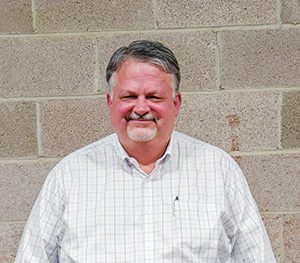When the Camp family started farming 80 years ago, they primarily grew cotton, potatoes, hay and grain. But California farmers don’t often enjoy the cropping stability seen in the Midwest, and change is constant to maintain profitability.
“If you are unwilling to change here, you shouldn’t be farming here,” says Edwin Camp, president of D.M. Camp & Sons, based in Bakersfield, Calif. “We’ve recreated our business time and again to adapt to consumer trends and the availability of resources in our area.”
Camp oversees the farming segment of the family’s diverse business, which includes Kern Machinery, operated by his brother, Clayton, and Western Power Products, run by his other brother, Don.
While each business has evolved, the farming operation has seen considerable change during the last 25 years, driven by opportunity and necessity. Sensing a softening market, they moved away from cotton in the 1980s and transitioned into more vegetable production to include potatoes.
But as eating habits changed and transportation costs increased, the operation again adapted to produce more diverse and healthier crops, to include almonds, wine and table grapes, onions, garlic and carrots.
“We’re blessed with a diversity of being able to have about 300 different crops grown in California,” Camp says. “But we’re also in a desert and get less than 5 inches of rain in a good year.”
He notes that weather isn’t the only contributing factor to the state’s drought condition, and environmental and other regulations have reduced water availability for California agriculture.
“It’s our biggest concern today,” Camp says of water usage and availability. “The state’s water systems were built in the 1960s or earlier and have not been enlarged, while our population has tripled.
“In order to equalize our water use, we can’t be pumping more from the underground in dry years than we are able to soak back in through water banking in the wet years. Unfortunately, that will result in self-metering and possibly less acres farmed as we use a sustainable, yet limited water supply.”







